For World Mental Health Day, we’re talking to our students about their experience of mental health and how physical activity and programmes like Healthy Minds has helped them cope with different situations.
Bethany Hickton is a 25-year-old PhD student in her third year, studying aerospace engineering and cellular and molecular medicine.
‘It’s pretty intense,’ she says with a laugh. ‘I’d really like to become a chief scientific officer — someone who travels around the world looking at complex scientific issues, and then explains it to government so they can make policy changes.’

But her dreams were nearly shattered when she slipped and fell down a flight of steps in her first year.
‘I’d always been a very hard worker throughout my undergrad and since my A-levels,’ she says. ‘I never stopped, so having to take that time out gave me a lot of anxiety. Also, the fractures were five millimetres from severing my spinal cord. I could have been paralysed from the waist down.’
Bethany spent 16 weeks in a spinal brace and, a few months after the fall, she was also diagnosed with clinical depression.
‘I got PTSD (Post Traumatic Stress Disorder) coming back onto campus, because that’s where I’d hurt myself. Having to take time out physically really had an impact on me mentally.’
Bethany didn’t come from a sporting background and says she’d never have thought of trying sports on her own.
‘I wasn’t sporty when I was younger – I lived in a small village where there wasn’t a lot of opportunity. People in school also made fun of me about my size, which was difficult to deal with. I really lost confidence, which made me eat more too.’
After her fall and her diagnosis, Bethany began seeing a counsellor with the Student Counselling Service where she was referred to the Healthy Minds programme.
‘They told me about this amazing programme which was all about body confidence and having fun. Pete from Healthy Minds got me to lift weights and, out of nowhere, I was good at it. It was such a joyous moment.’
Bethany understands the pressure on young people today to look good, coming from social media, especially platforms like Instagram.
‘I now judge my body on what it can do, not what it looks like. I can deadlift 80 kilograms, I can walk straight into the weights section of the gym, which used to be full of just guys, in my glittery pink sneakers and I can out-lift lots of them.’
She says Healthy Minds helped her to find an activity that really suited her, and she really enjoyed.

‘They helped me take the driving seat on getting healthy. Pete noticed I was good at lifting weights, and he signposted me to the captain of the rugby team.’ She now plays in the women’s rugby team as a scrum forward.
What advice would Bethany give new students who have just arrived and are trying to settle in?
‘Find a group of people that are your people. Try and join different societies – it doesn’t have to be a sporty one, and just try lots of different things. You’ll find the crowd that you can run with.’
Express yourself
Come along to the Indoor Sports Centre tomorrow (Wednesday 10 October) and take part in free exercise classes as well as a workshop with a print artist Annie Nicholson, aka The Fandangoe Kid. 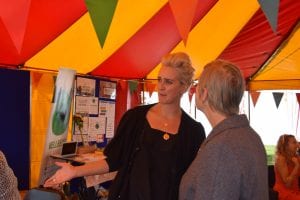
In 2011, Annie lost her mother and sister in a car crash. ‘Nothing has been the same since. For years I was completely derailed – it was sharing my thoughts in a public space that got me through.’
The artist says her public art is also designed to help remove the stigma that still exists around loss, mental health, and happiness.
Annie will be hosting a workshop for 20 people and will begin by exploring the different concepts of narrative art, and how it can be used to express yourself. There’s even an opportunity for the art you create go on display on campus.
Places are limited, and booking is essential.



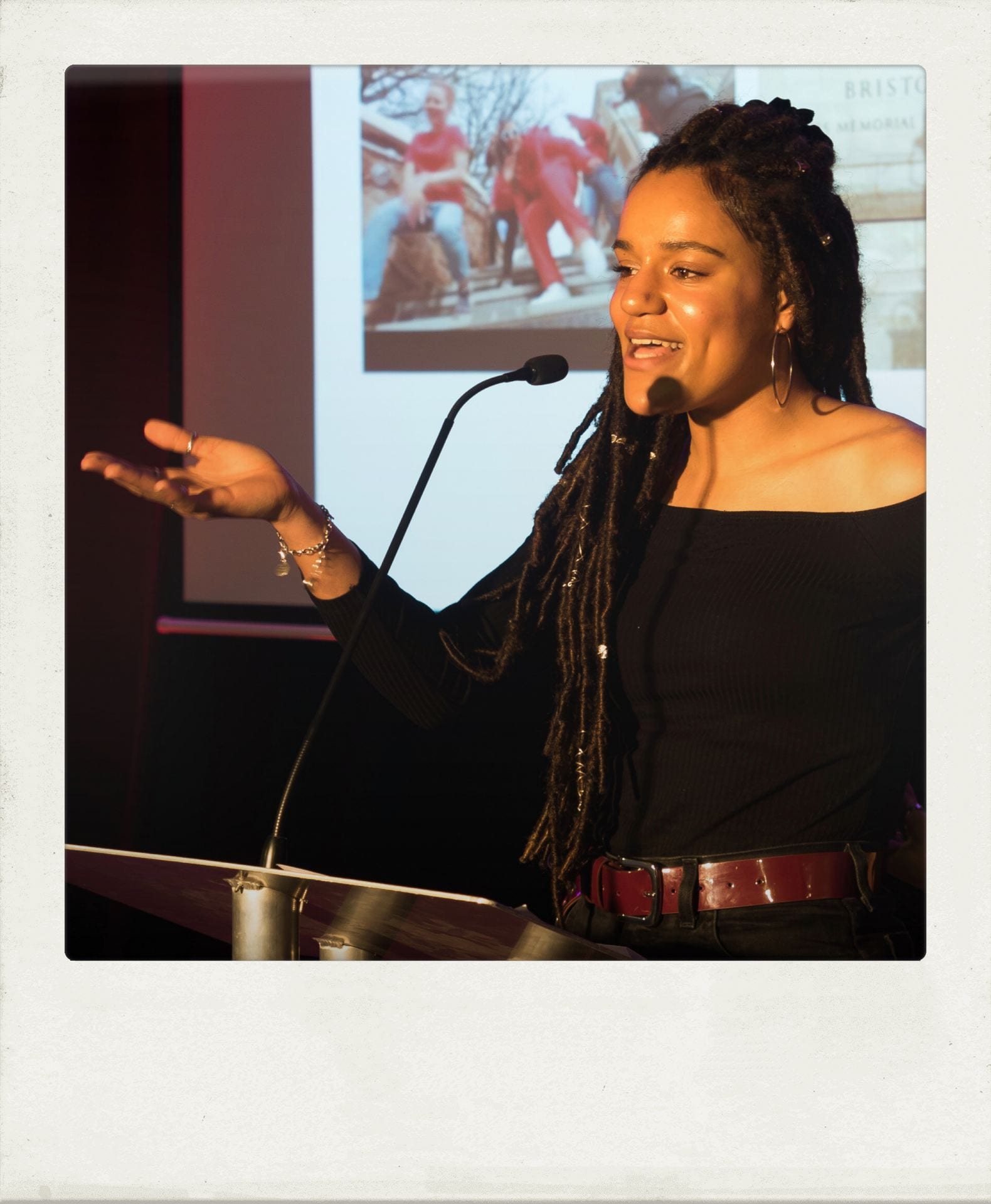 “I will be using my voice as the Student Living Officer at the Bristol Students’ Union to ensure that the University of Bristol commits to its duty of care and offers pastoral support to students of all backgrounds. If you want to find out more, please check out my
“I will be using my voice as the Student Living Officer at the Bristol Students’ Union to ensure that the University of Bristol commits to its duty of care and offers pastoral support to students of all backgrounds. If you want to find out more, please check out my 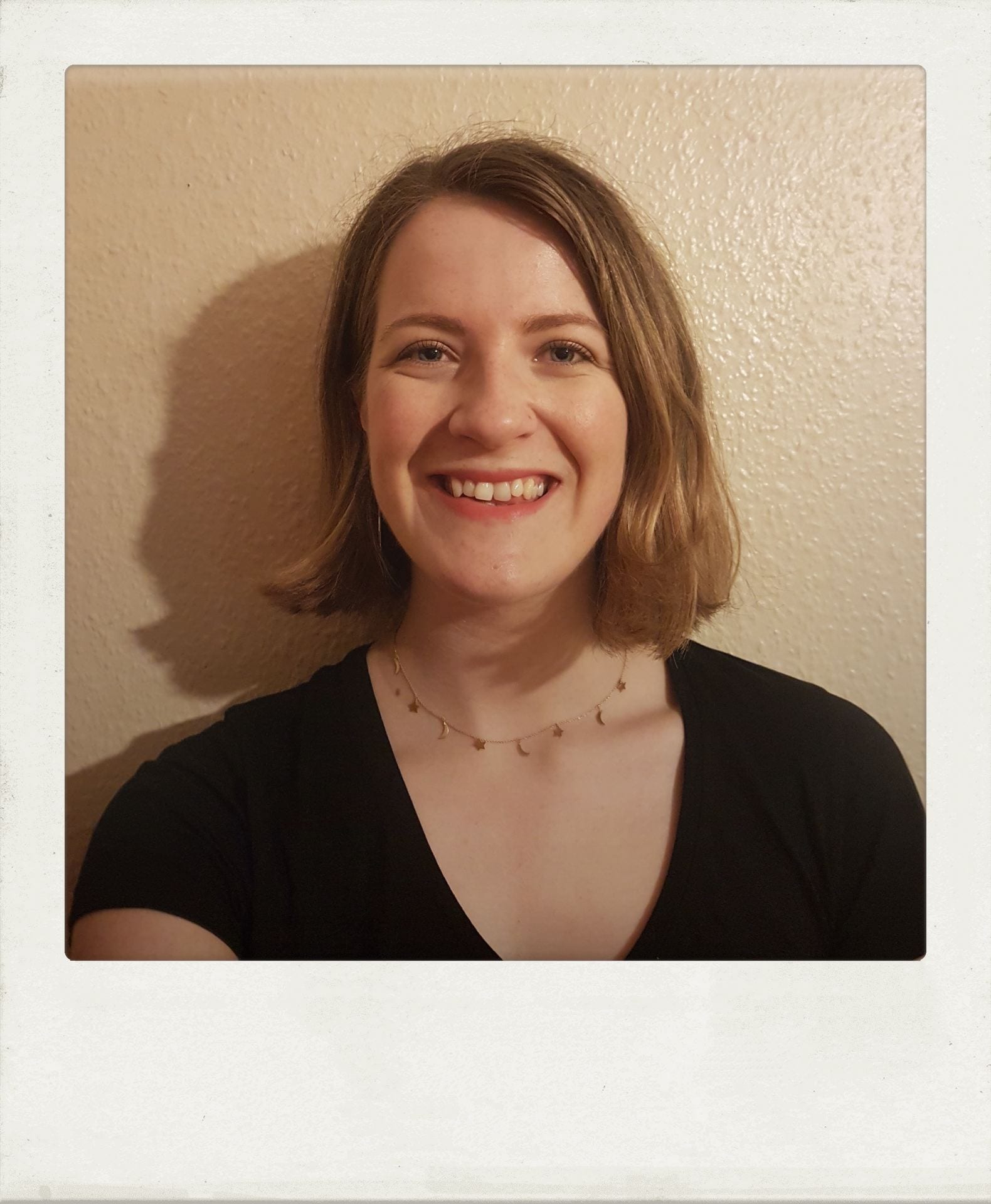
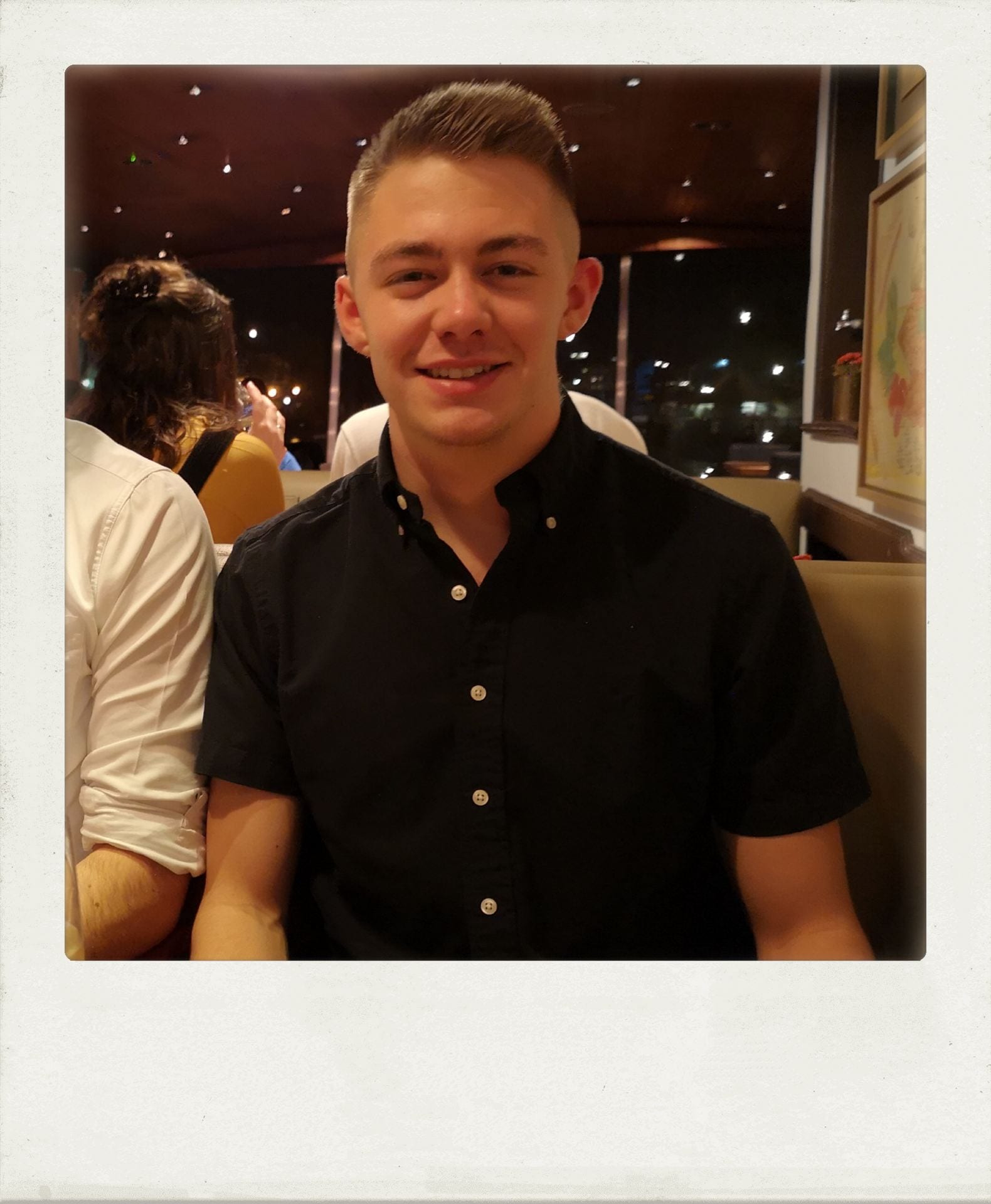
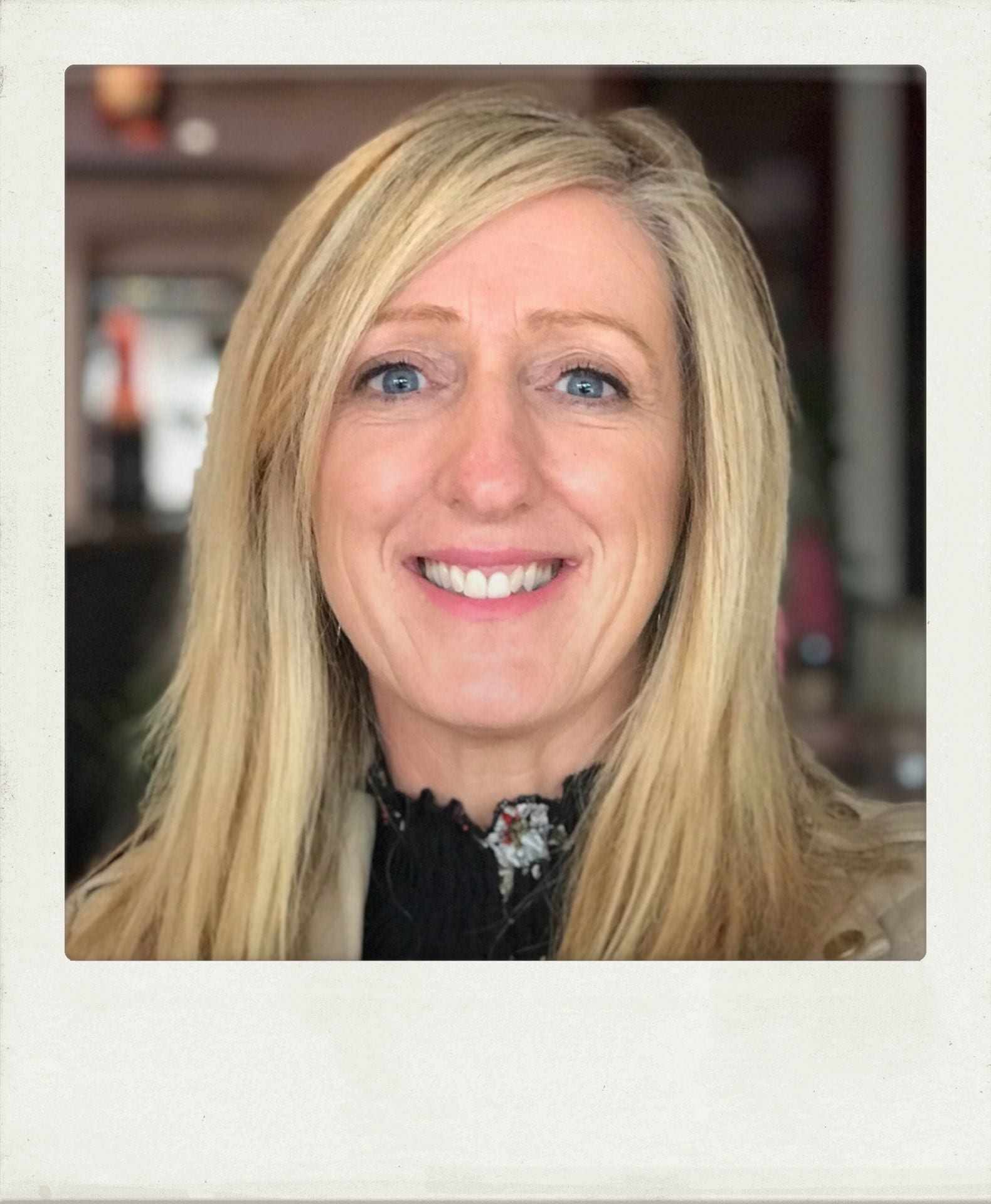 “Discussions around mental wellbeing are part of everyday life, they happen wherever you are.” – Carolyn Jones, Student Wellbeing Adviser in the School of Social Sciences and Law
“Discussions around mental wellbeing are part of everyday life, they happen wherever you are.” – Carolyn Jones, Student Wellbeing Adviser in the School of Social Sciences and Law  “The Healthy Minds programme supports students to take positive steps to improve the way they feel through physical activity and sport. We’ve found that students have reported an improvement in their wellbeing through involvement in the scheme.” – Peter Burrows, Physical Activity and Health Development Officer
“The Healthy Minds programme supports students to take positive steps to improve the way they feel through physical activity and sport. We’ve found that students have reported an improvement in their wellbeing through involvement in the scheme.” – Peter Burrows, Physical Activity and Health Development Officer

